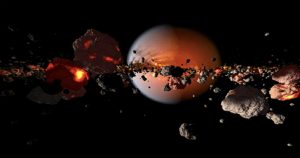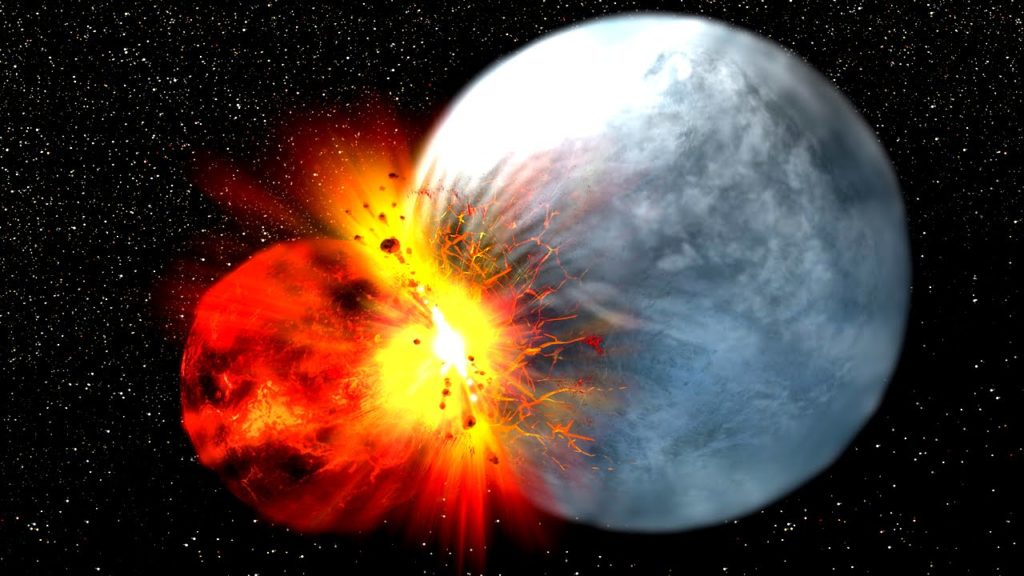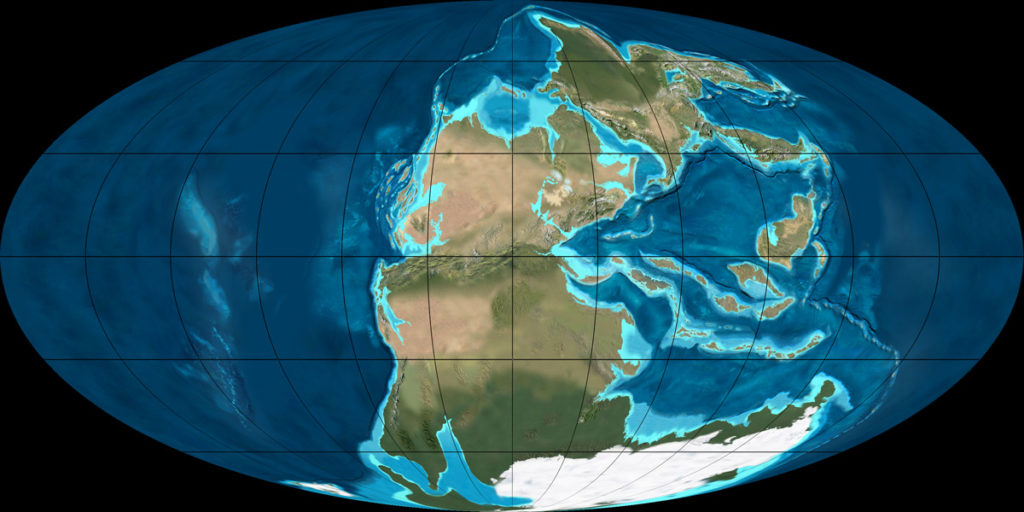
Study Says Earth Lost 40 Percent Of Its Mass While Formation
The phenomenon that involved in the formation of our planet is always an intriguing subject. There are hundreds of theories, though, none of them so far agreed by the majority. With the recent advancement in the field of science of technology, it is now agreed by most that the violent and chaotic process that led to the formation of Earth resulted in the loss of more than 40 percent of its mass.
Just after analyzing a mixture of earth samples and meteorites, the scientists shed new light on the sequence of events that led to the creation of our home planet. Planets grow by a process of accretion – a gradual accumulation of additional material – in which they collisionally combine with their neighboring planets.

Well, this is certainly often a chaotic process and material gets lost as well as gain. The massive planetary bodies impacting at several kilometers per second can generate substantial heat which, in turn, produces magma oceans and temporary atmospheres of vaporized rock.
This process of repeated loss of this vapor envelope during continued collisional growth causes the planet’s composition to change substantially.
Remco Hin, a lead researcher from the University of Bristol in Britain has said, “We have provided evidence that such a sequence of events occurred in the formation of the Earth and Mars, using high-precision measurements of their magnesium isotope compositions.”

“Magnesium isotope ratios change as a result of silicate vapor loss, which preferentially contains the lighter isotopes. In this way, we estimated that more than 40 percent of the Earth’s mass was lost during its construction,” he added.
Experts then analyzed the samples of the Earth together with meteorites from Mars and the asteroid Vesta, using a new technique to get higher quality measurements of magnesium isotope ratios than previously obtained.
“We now show that vapor loss during the high-energy collisions of planetary accretion has a profound effect on a planet’s composition,” Hin said.
“This process seems common to planet building in general, not just for Earth and Mars, but for all planets in our Solar System and probably beyond, but differences in the collision histories of planets will create a diversity in their compositions,” concluded this prominent author.